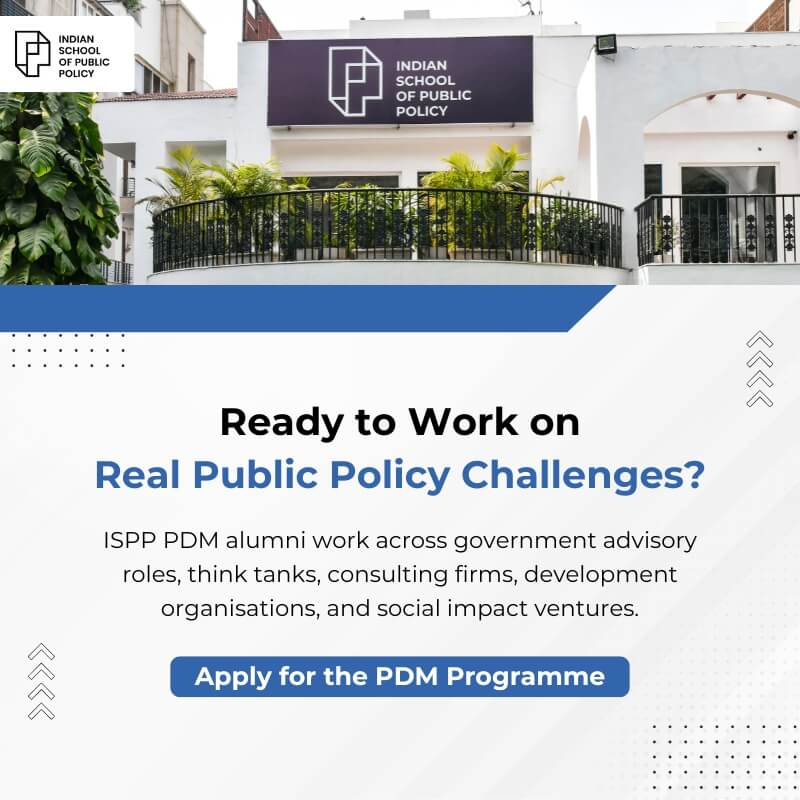On 14 June 2022, the Government of India made an announcement about the Agnipath Scheme. When the ball was set rolling, unrest was witnessed across the nation. These agitations took a violent turn in some parts of the country. Due to the clouds of confusion around its implementation and effectiveness, a bisecting line could be seen among… Continue reading Agnipath: Drawing a fine line between Service and its perks
Category: Policy Hub
Explore Policy Hub at ISPP, where India’s top minds converge to drive impactful public policy. Stay informed on research, events, and policy insights
Agnipath: Drawing a fine line between Service and its perks
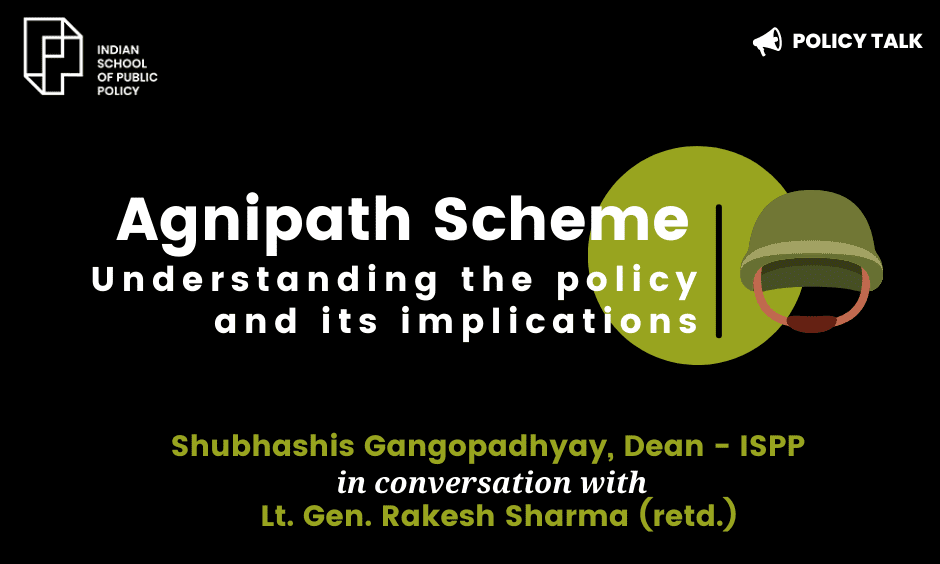
Can India achieve net-zero carbon emission by 2070?
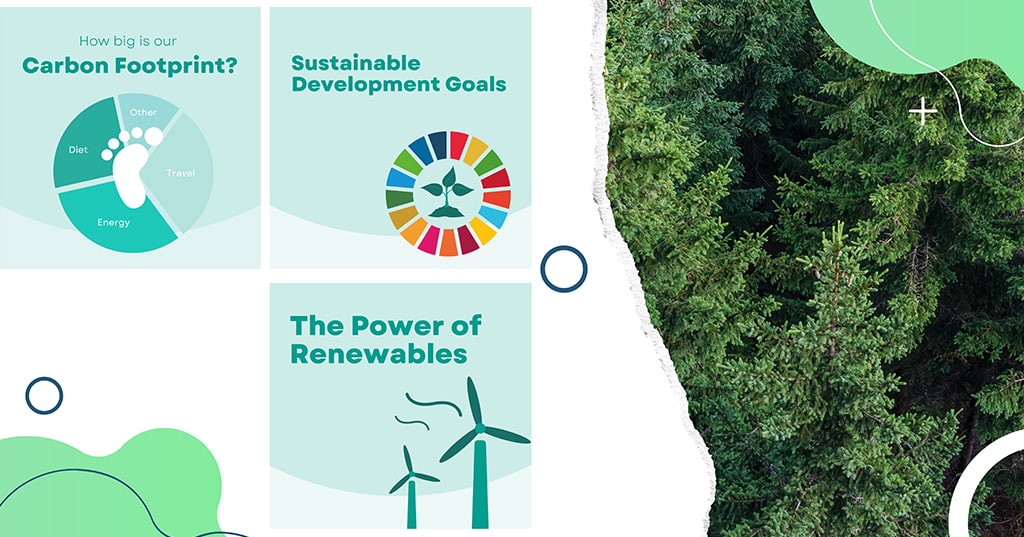
India is the world’s fourth-largest emitter of CO2, standing right after China, the US, and the EU. During the UN Climate Change Conference in Glasgow (COP26) in 2021, India pledged that it will achieve net-zero carbon emission by 2070. Is India poised to fulfill its promise? A meme went viral in March. It took a… Continue reading Can India achieve net-zero carbon emission by 2070?
Maharashtra’s Water Banks: A Looming Banking Crisis without a Bailout Option
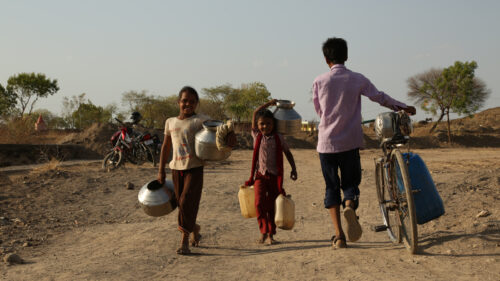
In the 1860s, England was facing an acute shortage of coal. Some experts contended that improving technology would reduce coal consumption. But contrary to this, technological improvements that increased the efficiency of coal led to the increased consumption of coal in a wide range of industries. English Economist William Stanley Jevons argued that technological progress… Continue reading Maharashtra’s Water Banks: A Looming Banking Crisis without a Bailout Option
Improving the Swachh Bharat Mission through behavioural interventions
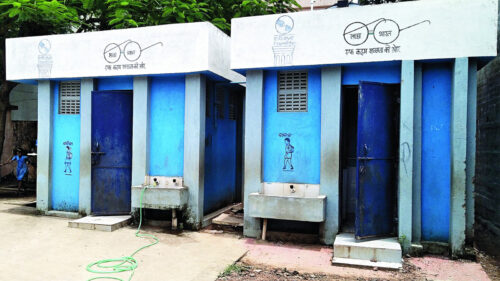
The Swachh Bharat Mission (SBM) was initiated in 2014 to achieve universal sanitation coverage. The cleanliness drive aimed to make citizens health-conscious by providing financial incentives for solid/liquid waste management (SLWM), toilet construction, technical assistance, and capacity building (Aijaz, 2017). The Swachh Bharat Mission has successfully executed its target of toilet construction with about 99%… Continue reading Improving the Swachh Bharat Mission through behavioural interventions
In Conversation with Prerna Mukharya: Data and Public Policy
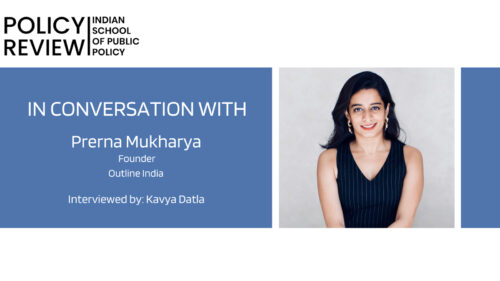
In this interview, Prerna talks about the importance and necessity of credible data in the policy making process. The interview is conducted by ISPP Scholar, and Executive Editor of the Policy Review, Kavya Datla.
Quality Education and Expanding Learning Opportunities – Challenges in the EdTech Space

India has successfully improved school enrolment in recent decades yet failed to deliver actual learning. The ASER Survey by NGO Pratham (2020) spotlights large learning deficits in students’ foundational learning. For instance, only 50% of Class V students can read texts of Class II level. More than half the students in Class VIII struggle to… Continue reading Quality Education and Expanding Learning Opportunities – Challenges in the EdTech Space
Policy lessons from movies: NERO’S GUESTS
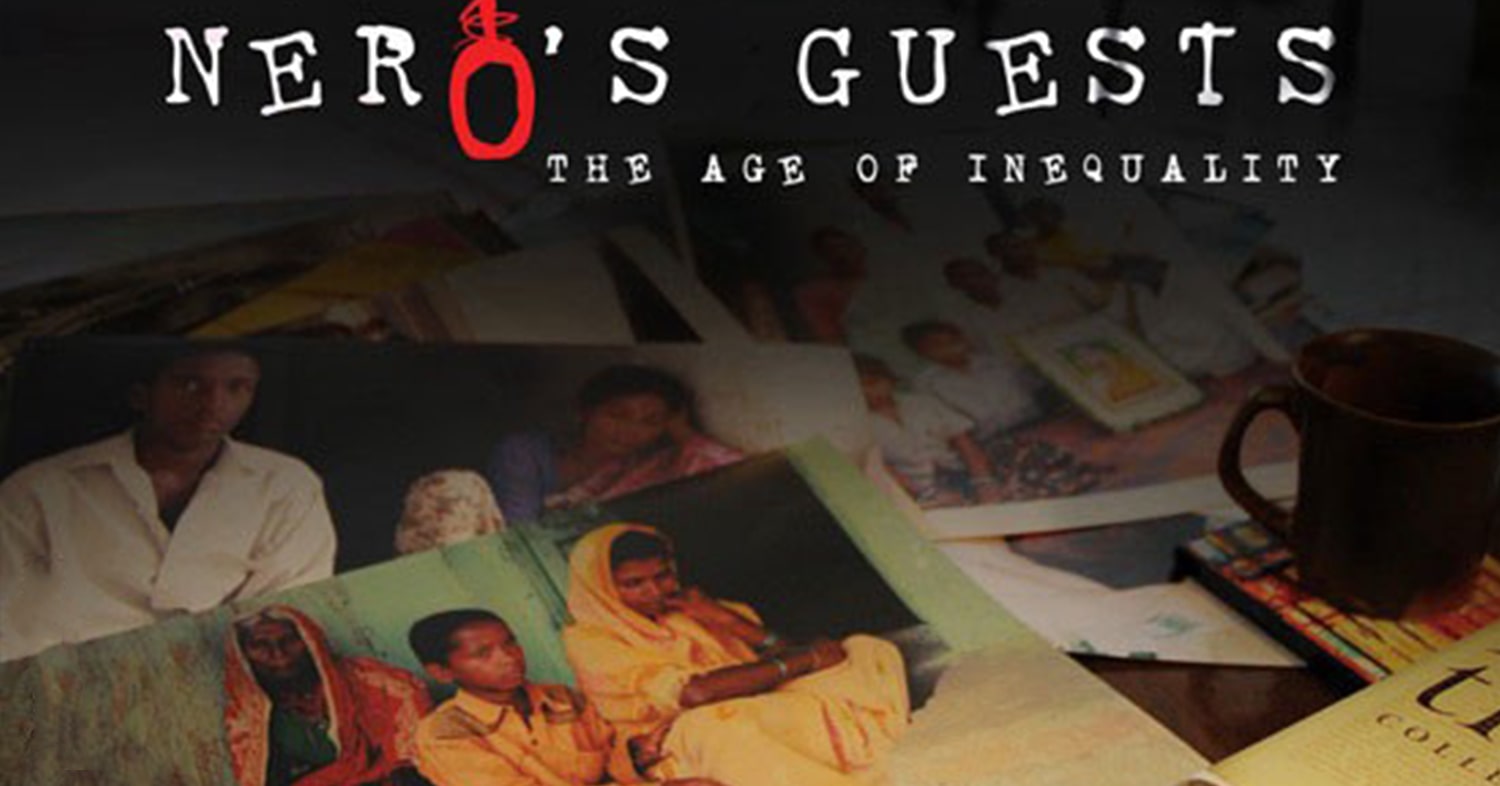
Nero’s Guests is a documentary film directed by Deepa Bhatia and features P. Sainath, a journalist, who is the Founder Editor of the People’s Archives of Rural India. By the medium of the film, a parallel is drawn between the famous Roman Emperor Nero and his guests and the ruling class in India that is… Continue reading Policy lessons from movies: NERO’S GUESTS
In Conversation with Dr Sanjaya Baru: Elections 2022
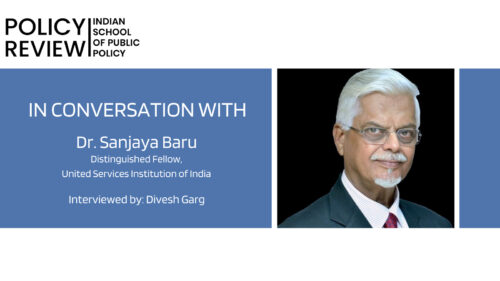
In this interview, Dr Baru talks about the upcoming 2022 state elections and the current Indian political landscape. The interview is conducted by Indian School of Public Policy scholar, Divesh Garg.
In Conversation with Prof. Pronab Sen: State of the Indian Economy in 2022
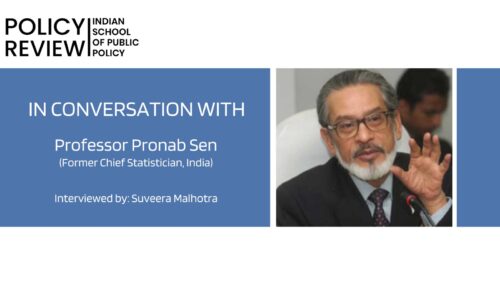
Suveera Malhotra, ISPP Scholar 2021-2022, engages with Professor Pronab Sen, former Chief Statistician of India, about the state of the Indian economy in 2022, and the way forward. He also provides his opinion about the upcoming Budget 2022.
An alternate approach to understanding the impact of the COVID-19 shock on India’s economic activity

Despite a brutal second wave with cases peaking in April-May 2021, India’s Gross Domestic Product (GDP) grew at a record pace of 20.1 percent in the April-June 2021 quarter compared to the corresponding period last year. The GDP, in absolute terms, stood at Rs 32.38 lakh crore (constant prices). This was actually lower by 9.2… Continue reading An alternate approach to understanding the impact of the COVID-19 shock on India’s economic activity

